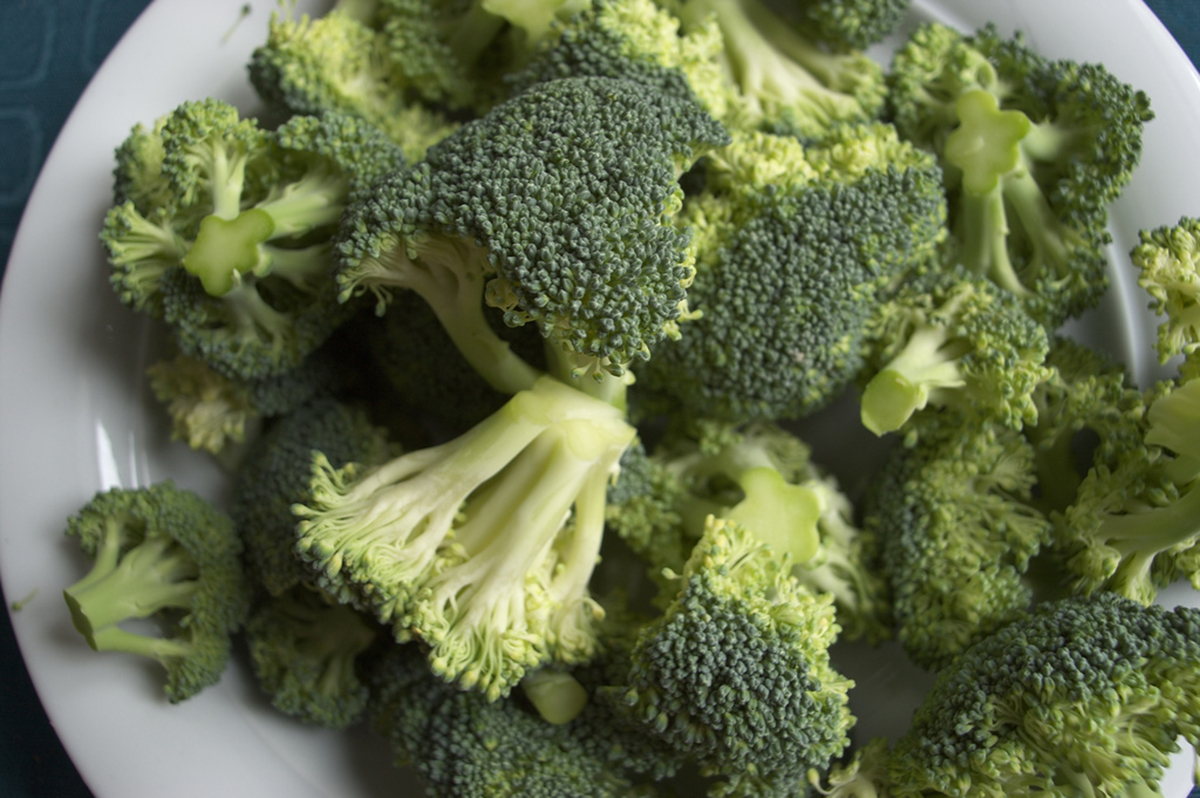Table of Contents
Iron is just one of a group of three nutrients that need to be taken together to combat anemia and ensure a good blood iron level.

Without sufficient B12, you can have enough red blood cells, but they'll be enlarged and function poorly. Low-B12 anemia is the one you don't want; known as 'pernicious anemia,' it's associated with neurological symptoms like dizziness, dementia and numbness, as well as with an increased risk of stomach cancer. Vegetarians and vegans need to beware - B12 is all but impossible to get anywhere but animal foods. One excellent source of it is yeast extract (yeast are technically not-quite-animals but they're animal enough to provide B12), but meat is better.
Insufficient iron leads to red blood cells that are just the right size, but few and far between. Folic acid deficiency usually causes megaloblastic anemia - big, poorly-functioning red blood cells - too.
Each of the three 'iron triangle' nutrients can be deficient and cause anemia that way - but they're not just three things you need. You need them together. There's a complex interaction between the three nutrients and deficiency in one is sometimes covered up.
So what's the best way?
The best nutritional choices to get on top of anemia are those where you're taking in iron, B12, folate and vitamin C at the same time, in foodstuffs. That's not a 'back-to-nature' prejudice on my part - the iron in meat, for instance, is 30% bioavailable, meaning you'll absorb and use about 30% of it. No supplement hits that figure, so those 14mg Iron tablets are actually delivering only a few milligrams under ideal conditions. And no-one's taking them under ideal conditions. The folate in fresh, dark green leafy vegetables is more easily absorbed than that in supplements. And the Vitamin C in vegetables is absorbed better than the pure stuff in tablets, due to interactions with other phytonutrients in the plant material. Finally, you've got a B12 source right there on the plate.
A 100g steak offers you about 15% of your daily iron needs. Clearly you're not going to eat 700g of steak a day (good luck with that!) - but it's a better start than the 'enriched' flour products that are often most people's best source of iron.
Watch your health as you change your diet this way and see if it improves - look for increased vigor, reduced sense of malaise and less feelings of tiredness and apathy.
See Also: The Importance Of Iron In Our Diet
Gluten is a controversial topic. Some sources will say that outside a small number of people with honest-to-goodness celiac disease, gluten intolerance is a self-indulgent myth. Other people argue that as many as half of us don't produce enough of the enzymes needed to absorb a high-gluten diet safely. Some will say that most people are 'gluten-intolerant.'
Make up your own mind - but experiment with reducing your bread intake while you do it
Gluten containing grains can interfere with iron absorption by irritating the lining of the small intestine. If you cut out bread and nothing changes, maybe you - like me - tolerate grains well. If you suddenly feel great, maybe you should skip gluten-containing grains. Almost all grains will interfere with iron absorption to some extent. Finally, legumes are a good idea to avoid, since their phytate content reduces nutrient uptake in the small intestine.
If you like something you've read here, or you think you've seen an error and you want to correct it, please get in touch with me in the comments section below and we'll talk about it.
- Photo courtesy of Steffen Zahn by Flickr: www.flickr.com/photos/steffenz/8195107861
- Photo courtesy of Gerwin Sturm by Flickr: www.flickr.com/photos/scarygami/4394947207


Your thoughts on this